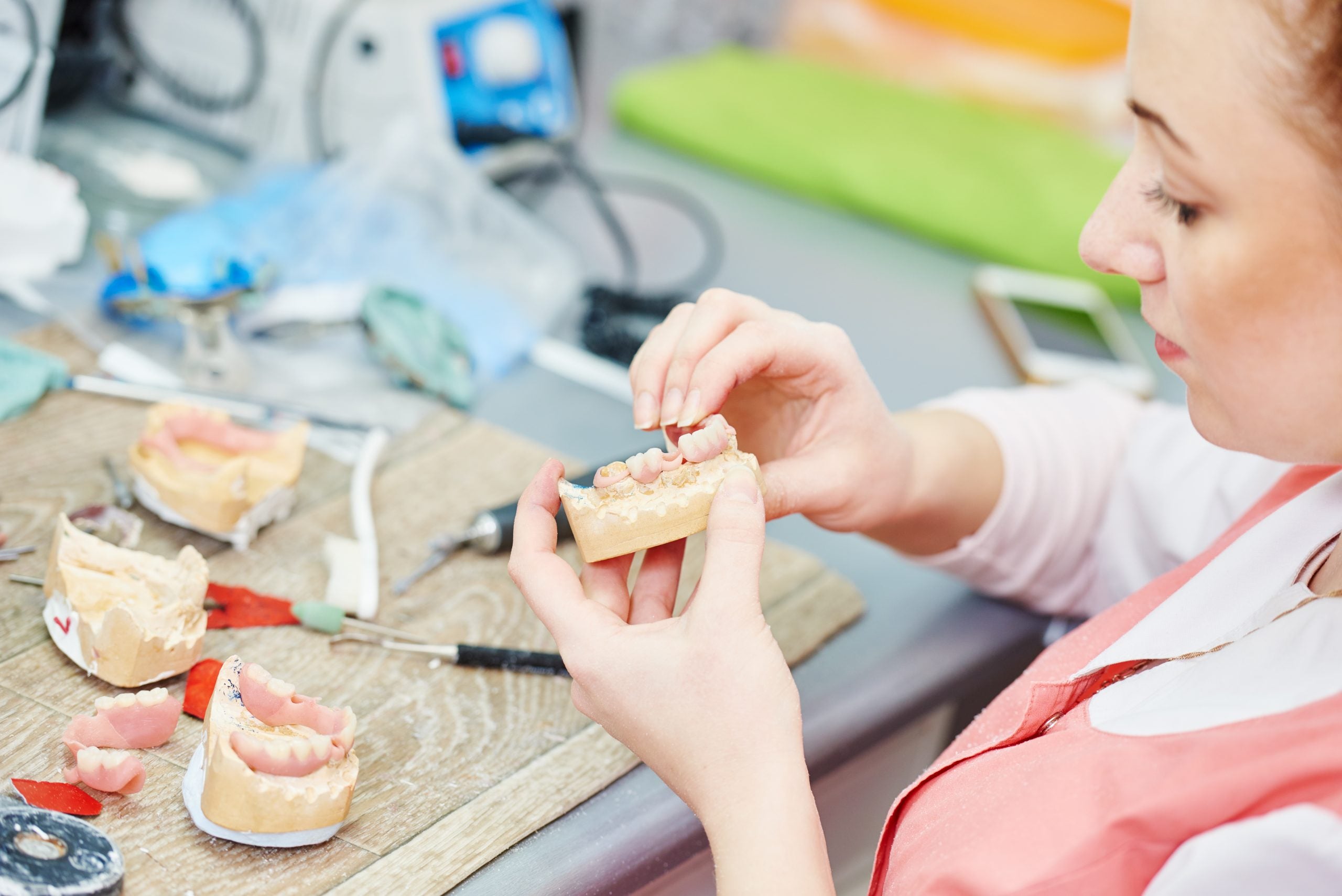 Popular culture used to think of dentures simply as “false teeth” for people who are aging. But they aren’t and never have been for seniors alone.
Popular culture used to think of dentures simply as “false teeth” for people who are aging. But they aren’t and never have been for seniors alone.
In the United States, about 23 million people are edentulous (without teeth). Twelve million are edentulous in either their upper or lower dental arch (the curved structure connecting your teeth’s roots to your jawbone).
Missing teeth make for bad bites (malocclusions), which lead to speaking and chewing difficulties. The remaining natural teeth can shift. If they crowd together, they become harder to clean. If they move farther apart, they leave more space for food particles and bacteria to cause tooth decay and periodontal disease. Beyond oral health problems, missing teeth affect people’s smiles and self-esteem.
Dentures can benefit many people, regardless of age. Indeed, 90% of edentulous Americans have them, according to the American College of Prosthodontists.
Penn Dental Medicine (PDM) is a teaching clinic of a dental school clinic that produces dentures for patients in Philadelphia, its suburbs, and throughout the Delaware Valley.

